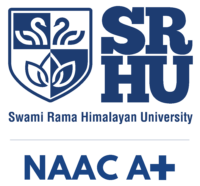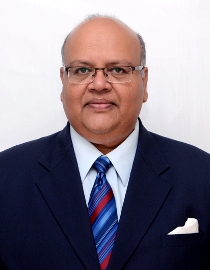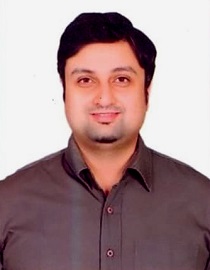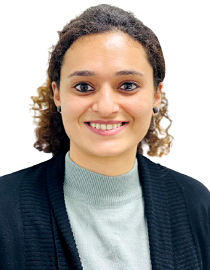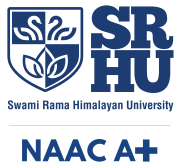Immunohematology and Blood Transfusion
April 29, 2025 2026-01-17 7:19Immunohematology and Blood Transfusion
Department of Immunohematology and Blood Transfusion
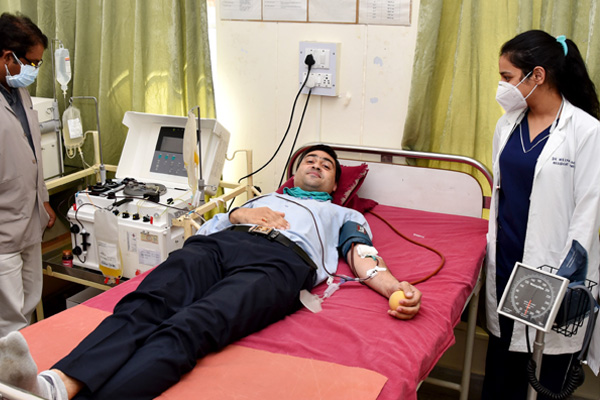
The use of blood is optimized by 100% component separation and a good inventory of blood products are ensured through regularly conducted donor motivational as well as recruitment drives. The clinical services of our department include patient blood management, donor apheresis, convalescent plasma harvest for use in COVID-19 patients, therapeutic plasma exchange, therapeutic phlebotomy, autologous platelet-rich plasma, transfusion support with special blood components such as leucodepleted, irradiated, saline-washed, minor phenotype matched and reconstituted whole blood for use in neonatal exchange transfusions. The hematopoietic stem cell harvest from peripheral blood is performed using apheresis where the transfusion medicine specialist plays an active role in the bone marrow transplantation team of the hospital. A range of immuno-haematological tests is standardized in the department, such as antibody screening and identification using panel cells, elution and adsorption studies. Additionally, the laboratory work-up of the patients having allo and autoimmune hemolytic anaemia, hemolytic disease of newborn and antenatal serology is done routinely. Our serology laboratory houses three fully automated testing platforms to perform blood grouping, antibody screening, pre-transfusion testing and the screening of transfusion- transmissible infections by the 4th generation ELISA and the individual donor nucleic acid amplification technique (ID-NAT). Our facility is in fact the first blood centre in Uttarakhand to have started providing ID-NAT tested blood to the recipients. For such endeavours, the NACO-assisted regional training centre award was bestowed upon us, to train the medical officers, nurses, technicians and blood donor counsellors from other blood centres in Uttarakhand.
The blood centre data is managed using dedicated software. Our facility also participates in the National hemovigilance program of India with prompt reporting of both transfusion reactions and donor-related adverse events. As a part of quality assurance in blood banking, our facility actively participates in the blood bank external quality assessment scheme (EQAS). Additionally, we also conduct regular educational programs for MBBS, MD students and graduates from other disciplines such as medical laboratory technology. The core curriculum while training them involves both laboratory-based and clinical aspects of transfusion medicine.
